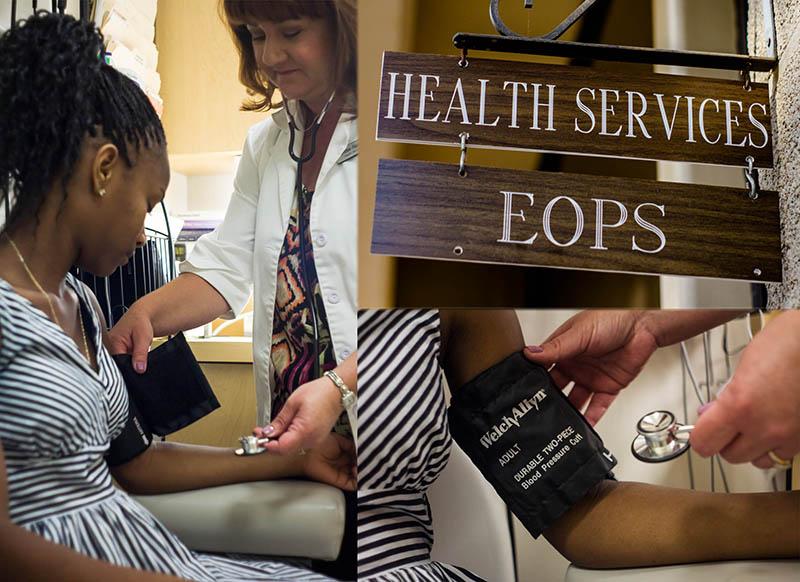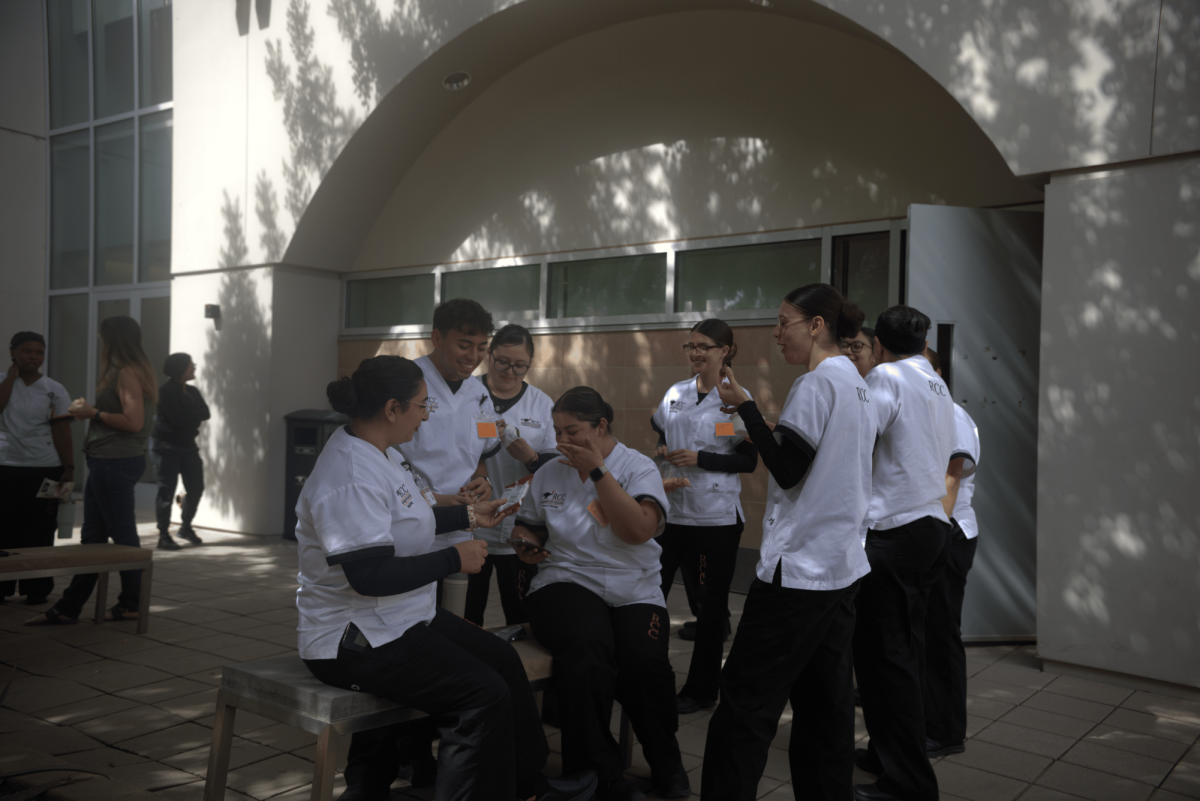
Josa Lamont | News Editor
May 29, 2014
The Student Health and Psychological Services director is making a push to increase student health fees by $1.
The change would take up to a year to implement, as it is still in initial phases according to Ed Bush, vice president of student services.
The state allots a maximum amount Health Services can charge, which increases periodically to keep up with inflation. The proposed fee increase would bring the health services fee back up to the maximum amount the state allows, according to Bush.
If implemented, the fee increase would be incorporated into student enrollment fees no sooner than October, which would then go up from $38.50 to $39.50 in fall and spring semesters. The fees would increase from $22.50 to $23.50 for the summer and winter semesters.
Under the previous administration when the district colleges were consolidated, Health and Psychological Services managed to build up a budget surplus, according to Deborah Croan, the current department director. When the colleges divided into separate administrations, the surplus was divided among the colleges.
“When I see a budget plus, money left over that represents benefits that students aren’t getting,” Croan said.
Croan considers that a “rainy day fund,” or a year’s operating expenses in savings in the event that legislation changes to cut or limit its funding.
Associated Students of Riverside City College is planning to petition against the fee increase.
“If there is an event where we see that the state isn’t providing them as much, then I believe it’s justified then to have an increase,” said Bahvin Jindal, ASRCC Finance Committee chairman. “However, something like that they’re going to know ahead of time. The state doesn’t just make that decision and next month it takes effect. It takes like a year at least for it to happen. If something like that was going to happen, obviously we should increase fees.”
Health Services has more than $830,000 in reserve, which will go down over the course of the year due to a decrease
in enrollment.
“We’re being very conservative,” Croan said.
Health Services projected at the beginning of the year that revenue for 2014 would be $840,000 from enrollment fees. That amount has gone down to just $612,000, but projected expenditures have only gone down to $651,000 according
to Croan.
That leaves Health Services with $39,000 they have to spend from its savings.
“Coincidentally,” Croan said, “and it truly is a coincidence, the $1 (increase) would be about $40,000 for Riverside.”
The projected ending surplus by the end of 2014 is $800,000.
“The way I see it, if student enrollment is going down, there’s less students they have to serve,” Jindal said.
Student enrollment is expected to go up in the coming year, according to Brennan Gonering, ASRCC senator. RCC expects to add up to 79 new classes in the coming fall to increase enrollment.
The Health Services department has been focused on mental health over the last two years and intends to build on services that are no longer funded through a mental health grant from the state.
“We just finished a $250,000 mental health Grant,” Croan said. “So we’re doing tons of outreach on that.”
The grant allotted money to go to three stages of care including preventative, early intervention and stigma reduction.
Croan hopes to build on what she has been able to accomplish under the grant money, and continue moving forward with the value Health Services is able to bring to students.
“The thing is, we have not seen much improvement in the services they’ve offered,” Jindal said. “They’ve already been offering great services, but there hasn’t been much improvement. So the thing of it is they haven’t shown me a need.”
Croan hopes to continue to build on Health Services to keep up forward momentum in the coming years.
“We have a goal next year of being in every single guidance class,” Croan said. “What I really want to do, though I haven’t priced them yet, is get some of those big massage chairs. Wouldn’t that be fun?”
According to Croan, this fee increase will be used just to bring the budget back into balance.
“If there is going to be a fee increase, I can support that,” Jindal said. “However they have to come to us, at least show us why they need the money.”
Before the recommendation moves forward, the three district colleges have to submit a consolidated proposal, according to Bush.
Following the proposal, vice presidents from the colleges will have to convene with the chancellor’s committee to discuss the matter more in-depth at that time. The process should still take a great deal of time and is in preliminary stages.
“So far there has been no student input,” Jindal said. “And that’s one of the biggest things in a democracy. I believe everyone has to have an input. Without that, you can’t make unilateral decisions and we’re just trying to avoid that from happening.”






